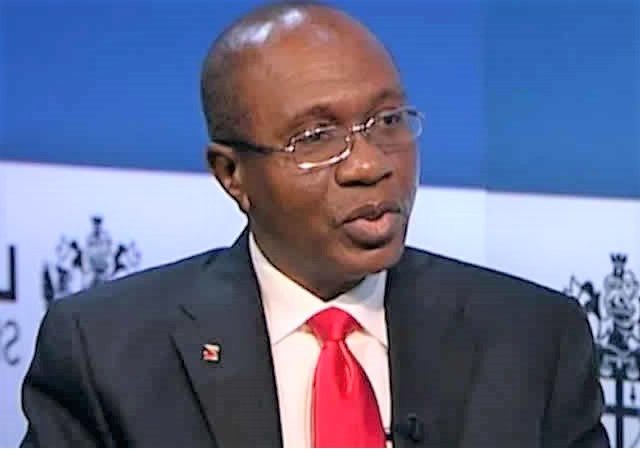As was widely expected, the Monetary Policy Committee (MPC) on Tuesday resolved to retain all controlling monetary policy parameters constant.
At the end of meeting No.277 of the MPC in Abuja, the Central Bank of Nigeria (CBN) governor, Godwin Emefiele, told journalists the committee in charge of monitoring and moderating of the monetary policy indices agreed to leave the policy rates unchanged.
Policy decisions
Consequently, the CBN governor said the committee agreed with a unanimous vote by its members to retain the lending rate by commercial banks, also known as the monetary policy rate (MPR), at 11.5 percent, and the asymmetric corridor of +100/-700 basis points around the MPR.
He said the committee also agreed to maintain the cash reserve ratio (CRR) at 27.5 percent and the liquidity ratio at 30 percent.
The MPR is the controlling rate approved by the CBN for commercial banks’ lending activities for the period, while the CRR is the minimum deposit a commercial bank must hold as reserves in its account with the CBN.
The meeting was the first to be held in 2021, and the second since the country slipped into its second recession in five years of the Muhammadu Buhari administration.
Expert projections
Prior to the meeting, financial experts had projected that the Committee was likely to adjust the prevailing policy parameters considering that current sentiments did not favour such a decision at this time.
The experts had predicted that the committee would opt to continue to support the expansionary policies of the CBN to stimulate growth in the economy towards macroeconomic stability.
Besides, they were of the view that the MPC would decide to retain the monetary policy parameters unchanged to give both the monetary and fiscal authorities the opportunity to weigh the impact of their respective policy benchmarks in the 2021 budget before considering a review later.
Why decision to hold
To arrive at the decision to hold the policy parameters in place since the last meeting of the Committee in November 2020, the CBN governor said the Committee was confronted with a policy dilemma to either aggressively combat the growing inflationary pressures on the economy, or support measures to stimulate growth and reverse the current recession.
The National Bureau of Statistics (NBS) put the current inflation rate in the country at about 15.75 percent as at December 2020.
The CBN governor said although the country’s economy is currently in a stagflation environment, with simultaneous inflationary pressures and contracting outputs, the MPC resorted to focus on efforts to reverse both developments as well as continue pursuing price stability in a growing economy.
He said the committee was of the view that whereas there may be wisdom in loosening the monetary policy rates, considering the growing impact of the global COVID-19 pandemic which has constrained economic growth, resulting in disruptions to supply chains and suppression of aggregate demand, an accommodating stance was necessary at this time to stimulate credit expansion and boost recovery in the short-term.
He said the Committee was also of the view that an expansionary monetary policy would enable the CBN and the monetary authorities to convince financial institutions to reduce loan pricing and defer interests on principal repayments to critically affected obligors in a sustainable manner.
The CBN governor also used the opportunity to announce various interventions of the apex bank to support faster economic recovery in the face of declining revenue from crude oil exporting as a result of a drastic drop in crude oil prices at the international market.




